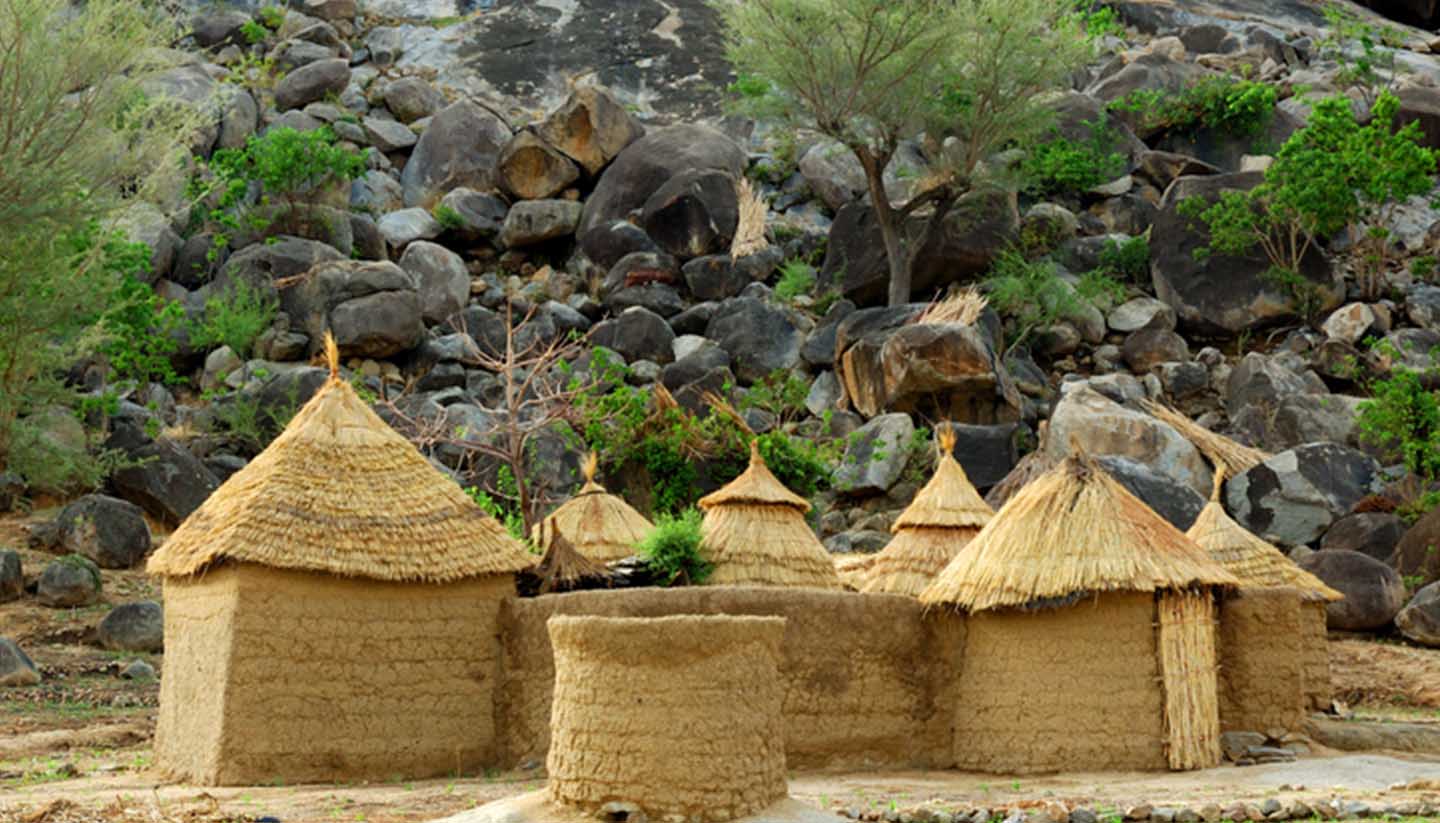Cameroon: Doing business and staying in touch
Doing Business in Cameroon
Office Hours
Mon-Fri 0730-1800.
Government office hours: Mon-Fri 0730-1530.
Economy
Because of consistent agricultural performance and the growth of its modest oil industry, Cameroon has enjoyed broad economic success since independence, although it is vulnerable to changes in world commodity prices.
The main agricultural products are cocoa, coffee, palm oil, wood and rubber. There are some offshore oil deposits, and sizeable but largely unexploited deposits of iron ore, copper, uranium and other metals. Hydro-electric projects supply most of the country's energy, while oil and gas are largely exported.
During the 1990s, the government opened up much of the economy to competition. Since then, an IMF structural adjustment programme has set the ground rules for the country's economic policy. Cameroon became eligible for debt relief under the Heavily Indebted Poor Countries Initiative (HIPC) in 2000, which meant significant relief from debt upon completion in 2006. Since 2002, Douala has hosted one of sub-Saharan Africa's few stock exchanges.
The main hindrances to Cameroon's further economic development include corruption, inefficiency and an excess of red tape. The IMF continues to press for reform in all these areas, and for privatisation of key institutions and services, as a means to poverty reduction.
GDP
US$22 billion (2010 est.).
Main exports
Crude oil and petroleum products, timber, cocoa, cotton, aluminium and coffee.
Main imports
Machinery, electrical and transport equipment, and food products.
Main trading partners
France, Italy, Nigeria, Spain, China.
Keeping in Touch in Cameroon
Telephone
International calls can be made from Camtel offices. Telephones can usually be found in post offices and restaurants, and there are telephone booths in the towns. Phonecards are available. The phone service is often unreliable.
Mobile Phone
Roaming agreements exist with a number of international mobile phone companies. Coverage is patchy but better in the south.
Internet
Main towns will have Internet cafés. Charges are significantly higher outside Yaoundé and Douala. The service is often slow and unreliable.
Media
Media is highly government controlled. However, a general liberalisation of media in 2000 led to Cameroon's first private TV station, TV Max, being launched in 2001, with a spate of others quick to follow.
Nevertheless, libel laws inhibit journalists and some have even been jailed in the past. This is regarded as a genuine problem by the international community, who believe that Cameroon is becoming one of the most repressive countries worldwide in regards to freedom of expression.
Post
Stamps can only be obtained from post offices. Mail usually takes at least a week to reach Europe.
Post Office hoursMon-Fri 0730-1530.

